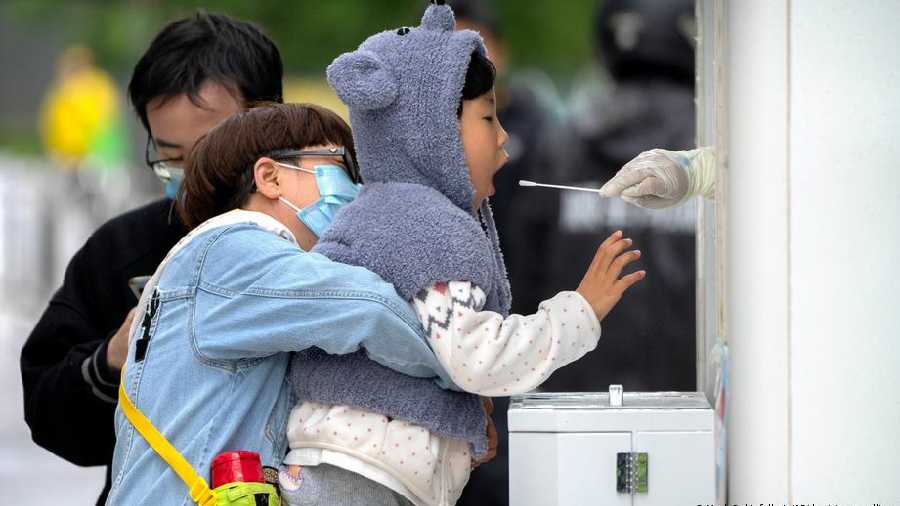An international team of virus experts said on Thursday that they had found genetic data from a market in Wuhan, China, linking the coronavirus with raccoon dogs for sale there, adding evidence to the case that the worst pandemic in a century could have been ignited by an infected animal that was being dealt through the illegal wildlife trade.
The genetic data was drawn from swabs taken from in and around the Huanan Seafood Wholesale Market starting in January 2020, shortly after the Chinese authorities had shut down the market because of suspicions that it was linked to the outbreak of a new virus.
By then, the animals had been cleared out, but researchers swabbed walls, floors, metal cages and carts often used for transporting animal cages.
In samples that came back positive for the coronavirus, the international research team found genetic material belonging to animals, including large amounts that were a match for the raccoon dog, three scientists involved in the analysis said.
The jumbling together of genetic material from the virus and the animal does not prove that a raccoon dog itself was infected. And even if a raccoon dog had been infected, it would not be clear that the animal had spread the virus to people.
Another animal could have passed the virus to people, or someone infected with the virus could have spread the virus to a raccoon dog. But the analysis did establish that raccoon dogs — fluffy animals that are related to foxes and are known to be able to transmit the coronavirus — deposited genetic signatures in the same place where genetic material from the virus was left, the three scientists said.
That evidence, they said, was consistent with a scenario in which the virus had spilled into humans from a wild animal. A report with the full details of the international research team’s findings has not yet been published. Their analysis was first reported by The Atlantic.
The new evidence is sure to provide a jolt to the debate over the pandemic’s origins, even if it does not resolve the question of how it began.
In recent weeks, the socalled lab leak theory, which posits that the coronavirus emerged from a research lab in Wuhan, has gained traction thanks to a new intelligence assessment from the US department of energy and hearings led by the new Republican House leadership. But the genetic data from the market offers some of the most tangible evidence yet of how the virus could have spilled into people from wild animals outside a lab.
It also suggests that Chinese scientists have given an incomplete account of evidence that could fill in details about how the virus was spreading in the Huanan market.
Jeremy Kamil, a virologist at Louisiana State University Health Sciences Center Shreveport who was not involved in the study, said the findings showed that “the samples from the market that had early Covid lineages in them were contaminated with DNA reads of wild animals”.
Dr Kamil said there is little evidence that an infected animal had set off the pandemic. But, he said, “It really puts the spotlight on the illegal animal trade in an intimate way.”
New York Times News Service










